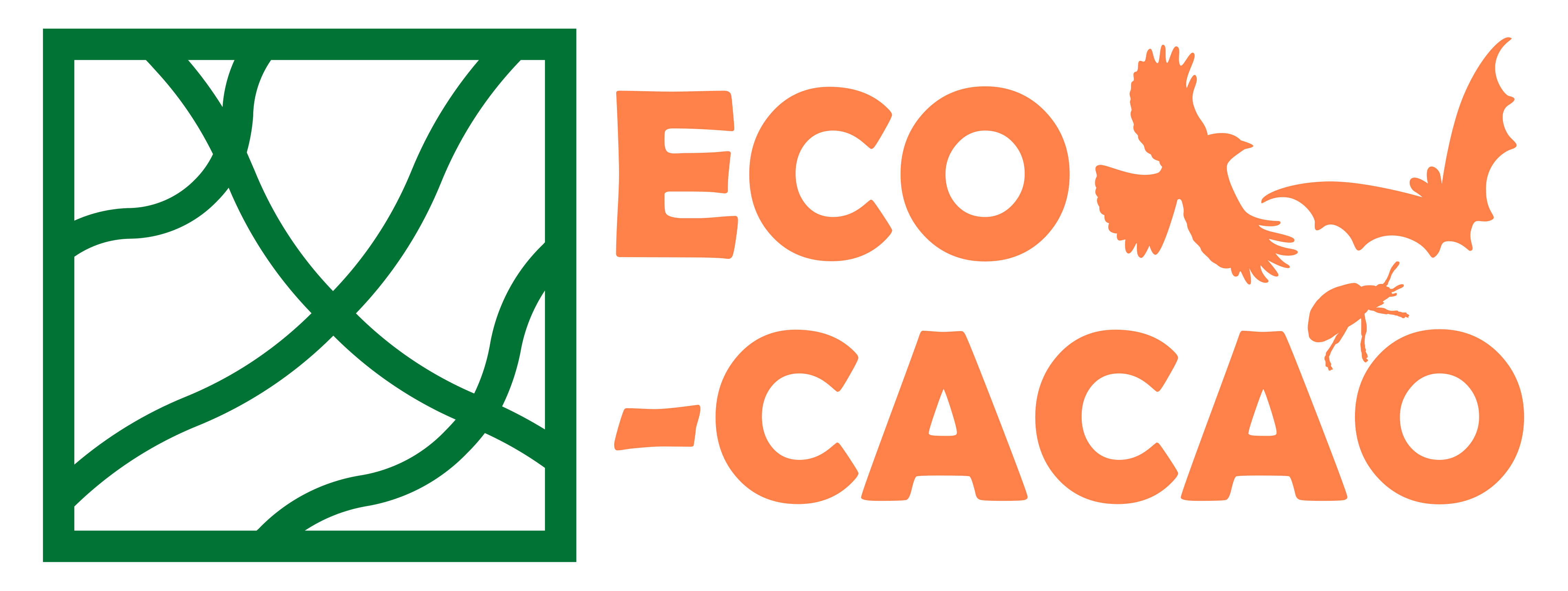
ECO-CACAO: Ecological intensification and multifunctionality of genetically diverse cacao agroforestry in Peruvian landscapes
Duration: 02/2022-12/2024
Funding: FWF
Website: www.beamaas.com/projects.html
Ecological intensification: Linking biodiversity and land use
Linking species conservation and land use is crucial to achieving the global sustainability goals that will safeguard human well-being in the future. This requires alternatives to current forms of land use leading to the loss of natural habitats, numerous species and valuable functions. By improving the use of ecosystem services such as natural pest control and pollination provided by birds, mammals and insects, land use can be made more sustainable. The potential of such "ecological intensification" approaches has been clearly demonstrated, but its practical implementation has not yet been sufficiently explored.
Tropical agroforestry systems: Cacao
While large parts of tropical rainforests have already given way to structurally monotonous and economically intensive cultivation systems, more structurally rich land use systems with tree stands still occur in the marginal zones of these areas. One example of these "agroforestry systems" is cacao cultivation under shade trees. The cacao tree comes originally from the Peruvian Amazon region. To this day, it is cultivated with other plant species in agroforestry systems - mainly by smallholder farmers. The versatility of these agroforestry systems, which can include few to many cacao varieties, shade trees and landscape features, provides unique opportunities for exploring ecological intensification methods.
Field experiments for sustainable practice
The ECO-CACAO ("Ecological Intensification of Peruvian Cacao Agroforestry") research project investigates differently managed cacao agroforestry systems through field experiments in Peru. In cooperation with local partners and smallholder networks, cacao agroforestry systems with different varieties and species are selected. Here, exclosure experiments are conducted to determine the individual and joint contributions of birds, bats and insects to ecosystem services. By measuring changes in the crop, as well as interviewing local smallholder families and cocoa stakeholders, environmental, economic and social factors will be considered for the development of sustainable management approaches.
Strong partnerships for biodiversity
The results of this project will make a key contribution to the improved understanding, management and conservation of biodiversity in agricultural landscapes, thus being of international importance for sustainable development. ECO-CACAO takes place under the leadership of the Universities of Vienna (Dr. Bea Maas), Göttingen (Prof. Teja Tscharntke) and Würzburg (Prof. Ingolf Steffan-Dewenter), as well as in close cooperation with project partners in Peru and their international networks.
Contact: Bea Maas
